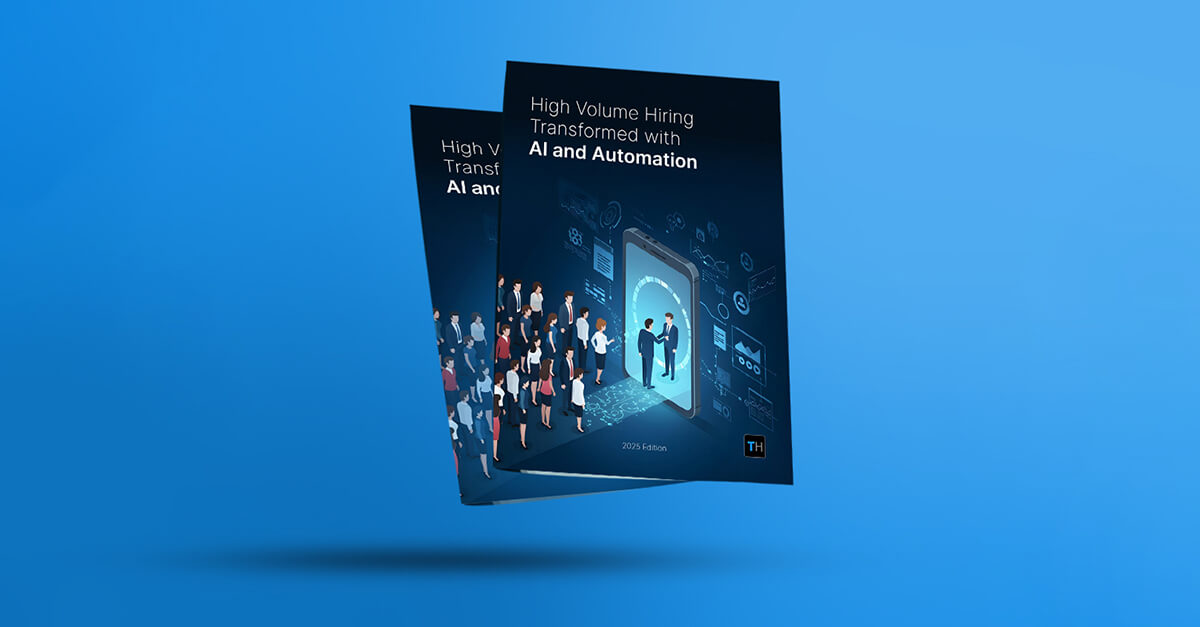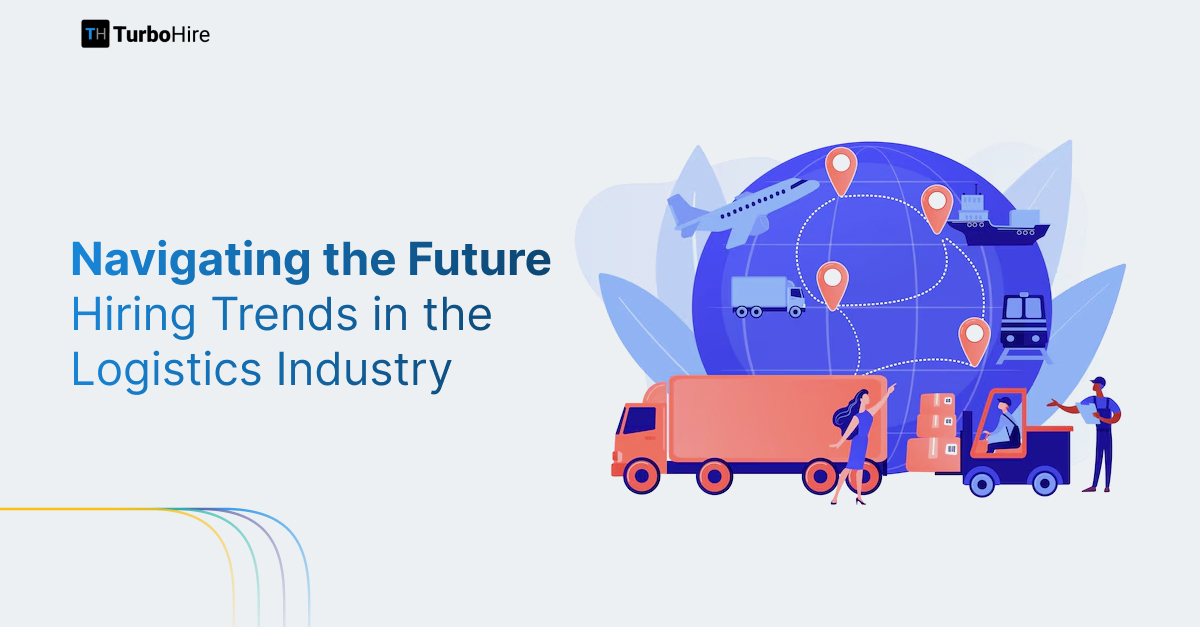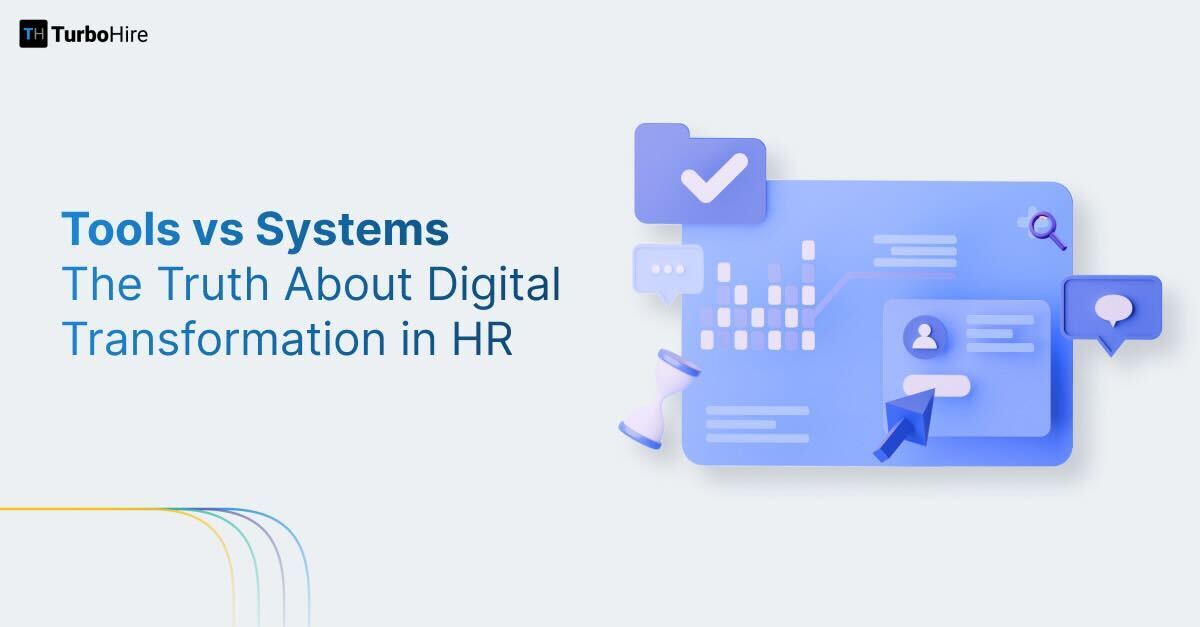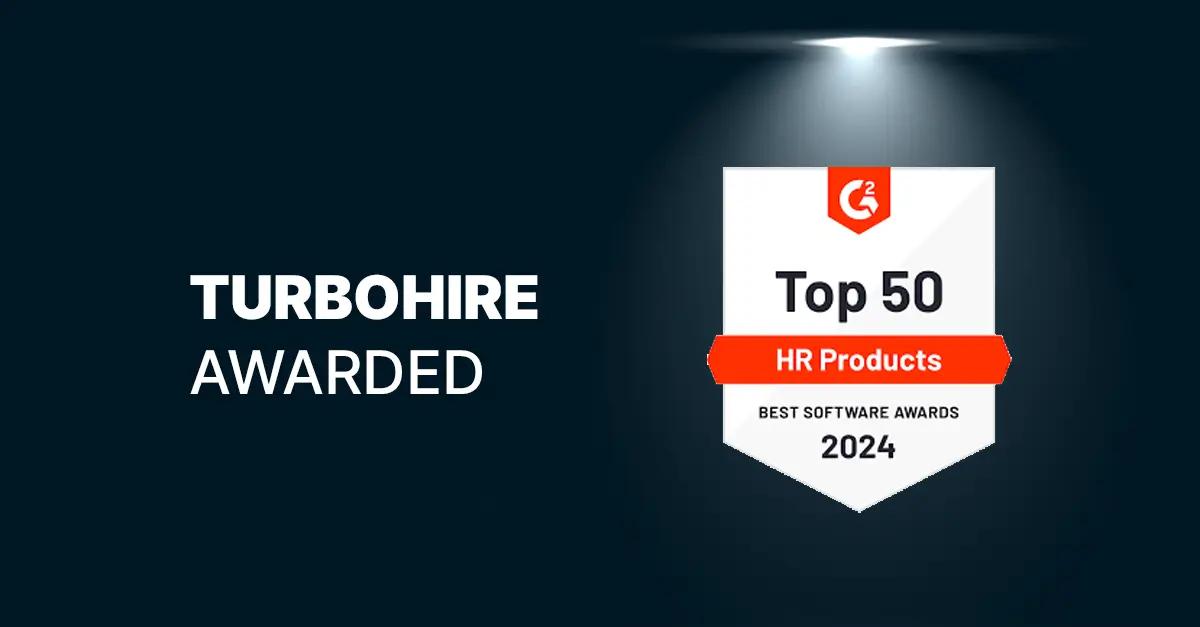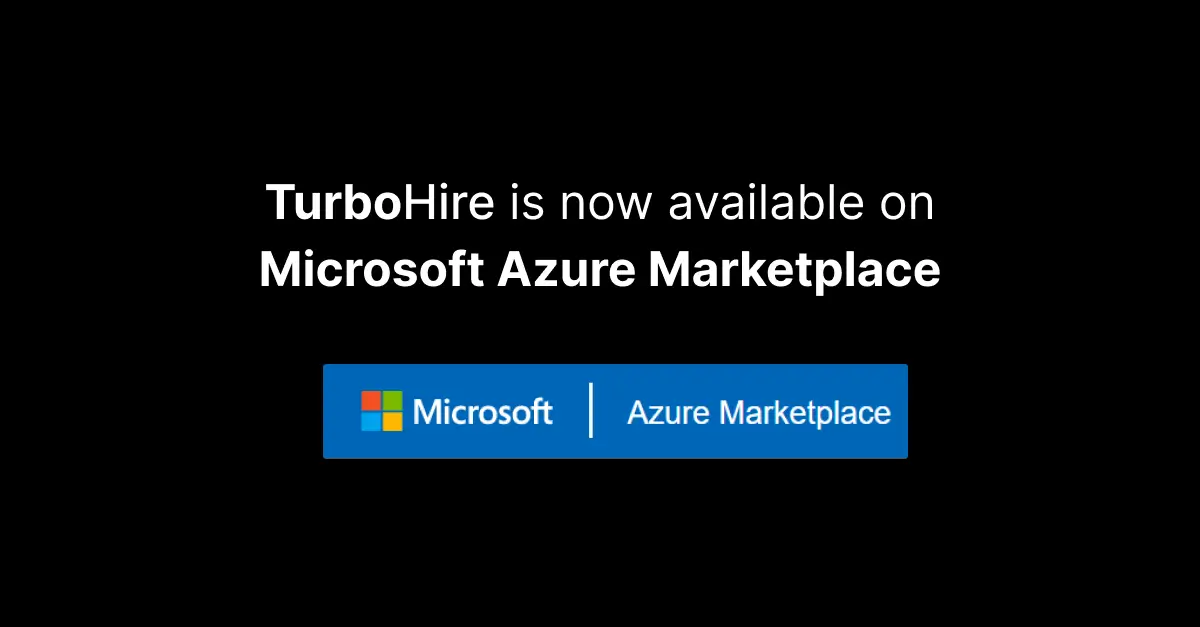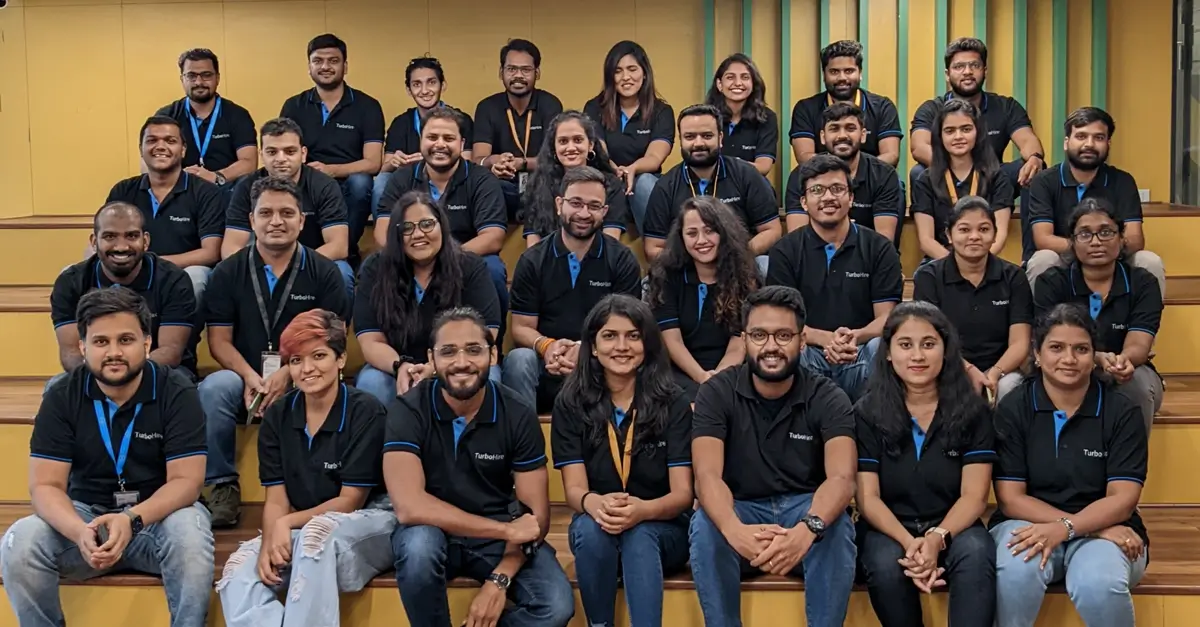Introduction
The aviation industry is witnessing a strong post-pandemic recovery, with global air travel demand projected to increase by 5% annually over the next decade. This surge, alongside advancements in technology and sustainability, is reshaping aviation hiring trends. Boeing estimates a need for over 600,000 new pilots and 610,000 maintenance technicians by 2040, while demand is also rising for tech-savvy professionals skilled in AI, automation, and data analytics. In addition to traditional aviation roles like flight crew, engineers, and ground staff, the industry is embracing HR digital transformation to fill critical positions efficiently and bridge the growing talent gap.
Sustainability is driving major shifts in aviation hiring, leading to a rise in “green” jobs focused on sustainable aviation fuel (SAF), energy-efficient aircraft design, and emissions reduction. With the influx of Millennials and Gen Z into the workforce, aviation companies are adapting to meet the demand for flexible, digital-first hiring processes. To streamline hiring, airlines are implementing AI-driven candidate screening, automated interview scheduling, and predictive analytics, overcoming challenges such as manual coordination and fragmented data.
HR digital transformation in aviation is key to addressing the industry’s bulk hiring needs and improving candidate experience. By adopting advanced technologies, airlines are optimizing workforce planning, reducing administrative workloads, and enhancing operational efficiency. These hiring trends are crucial for the aviation industry to remain competitive and meet the evolving demands of a global market.
Key Hiring Trends in the Aviation Industry
1. Increased Demand for Skilled Talent
Aviation companies are facing a global talent shortage, struggling to fill critical roles such as pilots, engineers, and maintenance technicians. This surge in demand is driving organizations to implement faster, more efficient hiring processes. Companies are also expanding their talent pipelines through partnerships with aviation training schools and workforce development programs, aiming to attract skilled professionals and meet industry growth.
2. Technological Skillsets in High Demand
As automation, data analytics, and artificial intelligence become integral to the aviation industry, there is a growing demand for professionals who can manage digital transformation. These technological skillsets are crucial not only in operational roles but also in customer service, where innovation is enhancing passenger experiences and optimizing efficiency.
3. Focus on Diversity and Inclusion
Aviation companies are prioritizing diversity and inclusion in their hiring strategies. Airlines and aerospace firms are working to build more inclusive environments by actively hiring women and underrepresented groups for technical and leadership positions. This focus on diverse talent helps drive innovation through varied perspectives and ensures long-term industry competitiveness.
4. Sustainability-Centric Roles
With the push toward eco-friendly practices, the aviation industry is creating new roles focused on sustainability. These include positions overseeing alternative fuel programs, energy-efficient aircraft systems, and environmental compliance. The need for sustainability experts is growing as airlines seek to reduce their carbon footprint and adopt greener technologies.
5. Evolving Employee Expectations
Millennials and Gen Z workers are driving changes in aviation hiring by seeking more flexible and digitally-driven experiences. They expect streamlined application processes, remote work options, and quicker hiring decisions. To meet these expectations, aviation companies are turning to modern HR tools, such as AI-powered candidate screening, automated interviews, and digital assessments, which not only enhance the candidate experience but also improve the efficiency of the overall hiring process.
Hiring Challenges in the Aviation Industry
While the aviation industry is seeing significant growth, hiring remains a complex process due to several unique challenges that can disrupt and slow down hiring efforts:
1. Overcrowded Walk-in Venues
Recruitment drives in aviation often result in large crowds at walk-in venues, making it difficult to manage applicants and process their information efficiently. This can lead to long wait times, frustration, and missed opportunities to identify qualified candidates.
2. Inconsistent Test Administration
Candidates frequently face inconsistent testing conditions when different individuals administer assessments. This inconsistency can lead to unreliable results, creating frustration for both applicants and recruiters, and ultimately affecting the fairness of the hiring process.
3. Lack of Candidate Rejection Records
Aviation companies often struggle to maintain accurate records of why candidates were rejected. This lack of proper documentation can create confusion and inefficiencies in the hiring pipeline, making it difficult to refine future hiring strategies.
4. Manual Coordination at Every Stage
Hiring in the aviation sector often involves manual coordination for tasks like screening, testing, and interviews, which slows down the process and increases the risk of miscommunication or delays. This reliance on manual intervention limits the efficiency of the overall hiring process.
5. Data Fragmentation
Aviation recruiters frequently operate across multiple platforms, from job boards to applicant tracking systems, leading to fragmented and disorganized candidate data. This lack of a centralized system hampers recruiters ability to efficiently manage and track applicants throughout the hiring process.
TurboHire Enhances Hiring in the Aviation Industry
TurboHire transforms hiring by integrating AI and automation into every stage of the hiring process. From sourcing and screening candidates to scheduling interviews and gathering feedback, TurboHire’s platform boosts efficiency and drastically reduces time to hire.
TurboHire revolutionizes hiring with AI-driven automation that streamlines the entire hiring process. From candidate sourcing to resume screening and interview scheduling, the platform boosts efficiency and reduces time-to-hire, allowing aviation companies to quickly secure top talent in a competitive market.
The platform automates repetitive tasks and integrates with over 40 global tools, handling assessments, interviews, and background verifications. With AI-powered resume screening, centralized communication, and automated scheduling, recruiters can focus on engaging top candidates while the platform efficiently manages the rest. This is especially critical for filling skilled roles in the aviation industry.
TurboHire enhances the candidate experience by offering a loginless, mobile-friendly application process, automated WhatsApp communication, and instant updates, improving candidate engagement and brand perception. For recruiters and interviewers, TurboHire simplifies workflows with structured feedback, automated scheduling, and real-time insights through customizable dashboards. Leadership teams benefit from data-driven decisions, while administrators maintain control of team management and integrations—all from a user-friendly platform.
Key Features for Aviation Hiring
1. WhatsApp-Based Candidate Engagement
TurboHire’s WhatsApp integration enables recruiters to connect with candidates through a familiar platform. Candidates can receive real-time updates, schedule interviews, and complete assessments via WhatsApp, reducing the need for manual communication and speeding up response times.
2. Loginless Application Filling
Simplifying the application process is crucial for attracting top talent. TurboHire’s loginless application feature allows candidates to apply for roles without creating accounts, boosting application completion rates and reducing candidate drop-offs—a major advantage for aviation companies dealing with large volumes of applicants.
3. QR-code Scan for Job Applications
To solve the issue of overcrowding at walk-in venues, TurboHire offers a QR code-based application. Candidates can easily scan a QR code to submit their applications, eliminating long queues and manual paperwork. This streamlined process ensures every application is logged and managed efficiently in the system.
4. Retargeting for Candidate Engagement
TurboHire’s retargeting capabilities help recruiters stay connected with previously engaged candidates. By revisiting candidates who may have been rejected or missed earlier opportunities, recruiters can tap into a larger pool of talent and ensure no valuable prospects slip through the cracks.
5. Centralized Database and Candidate Profiles
Aviation recruiters often face fragmented data across multiple systems. TurboHire addresses this by offering a centralized database where all candidate profiles and interactions are stored. This provides full visibility for recruiters, hiring managers, and interviewers, improving collaboration and enabling more informed decisions.
6. Seamless Experiences for All Stakeholders
TurboHire ensures smooth engagement for all stakeholders—from candidates to recruiters, interviewers, and leadership teams. By automating tasks and centralizing data, TurboHire provides real-time updates and actionable insights, reducing delays and errors throughout the hiring process.
Conclusion
The aviation industry is undergoing a significant transformation, and traditional recruitment methods are struggling to keep up with modern demands. With rising air travel, a growing need for skilled professionals, and the importance of digital transformation, aviation companies are facing serious hiring challenges. TurboHire addresses these challenges by integrating AI-powered automation into every stage of the hiring process. The platform streamlines candidate sourcing, resume screening, and interview scheduling, significantly reducing time-to-hire and improving the overall hiring experience. TurboHire’s seamless integration with global tools for assessments, communication, and background verification allows recruiters to focus on high-value tasks while automating repetitive ones. Additionally, TurboHire enhances the candidate experience with features like a loginless application process and WhatsApp-based communication, ensuring faster responses and improved engagement.
In an industry where hiring demands fluctuate with market trends and talent shortages, TurboHire provides aviation companies with the tools to adapt quickly. Its centralized database, structured feedback systems, and real-time analytics enable recruiters, interviewers, and leadership teams to make data-driven decisions, improving collaboration and efficiency. By optimizing hiring processes, TurboHire empowers aviation companies to build agile, high-performing teams and remain competitive in a fast-evolving market. Adopting AI-driven hiring solutions like TurboHire is essential for staying ahead in the aviation industry’s increasingly complex hiring landscape.


